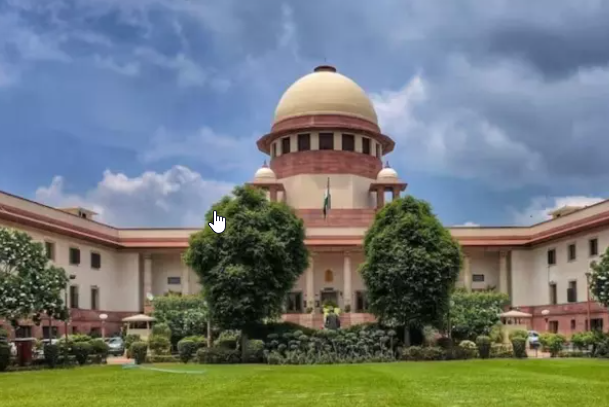Supreme Court denies Immunity to Lawmakers in Bribery Cases
In a landmark decision on March 4, 2024, the Supreme Court of India ruled that Members of Parliament (MPs) and members of legislative assemblies (MLAs) cannot claim immunity from prosecution in cases involving bribery for votes or speeches in their respective houses. The seven-judge bench, headed by Chief Justice of India DY Chandrachud, overturned the 1998 judgment in the PV Narasimha Rao versus CBI case.
Background of the Narasimha Rao Judgment
In 1998, a five-judge constitution bench had ruled in favor of lawmakers, granting them immunity under Articles 105 and 194 of the Constitution against criminal prosecution for any speech made or vote cast inside the House. This judgment, popularly known as the PV Narasimha Rao judgment, had been a matter of contention for over two decades.
Unanimous Verdict by the Seven-Judge Bench
The Supreme Court’s decision to overturn the Narasimha Rao judgment was unanimous. Chief Justice Chandrachud stated, “In the course of this judgment while analysing majority and minority decision of Narsimha Rao judgment, we disagree and overrule the judgment that parliamentarian can claim immunity. The judgment of the majority in Narsimha Rao which grants immunity to legislators has a grave danger and thus overruled.”
The seven-judge bench emphasized the detrimental impact of corruption and bribery by legislators on probity in public life. The court stated, “Corruption or bribery by a member of legislature erodes probity in public life,” underlining the importance of holding elected representatives accountable for their actions.
Bribery Not Protected by Parliamentary Privileges
The Supreme Court emphasized that bribery is not protected by parliamentary privileges, and the interpretation of the 1998 verdict is contrary to Articles 105 and 194 of the Constitution. The bench noted that corruption and bribery are destructive to the aspirations and deliberative ideals of the Constitution and that accepting bribes itself constitutes an offense.
Implications of the Supreme Court’s Ruling
Following the Supreme Court’s orders, an MP or an MLA can no longer claim immunity from prosecution on charges of bribery in connection with their vote or speech in the legislative house. This decision is expected to have far-reaching consequences in curbing corruption and maintaining the integrity of the legislative process.
The bench also stressed that parliamentary privileges are essentially related to the House collectively and necessary for its functioning. Granting privileges unconnected to the functioning of Parliament or legislature would lead to creating a class that enjoys unchecked exemptions from the operation of the law of the land.
Scope of the Ruling
The Supreme Court clarified that the ruling applies to elections to the Rajya Sabha and the offices of the President and Vice President, as they fall under the ambit of Constitutional provisions applicable to parliamentary privilege.
Month: Current Affairs - March, 2024
Category: Legal & Constitution Current Affairs







